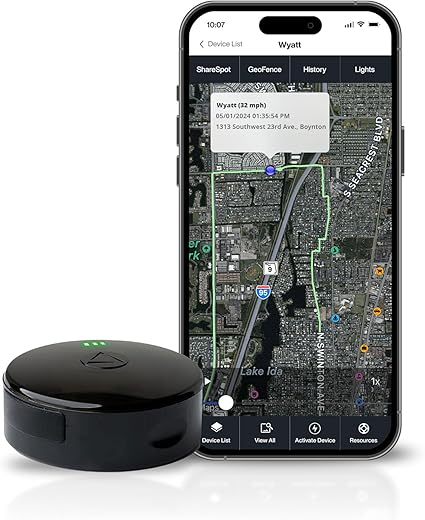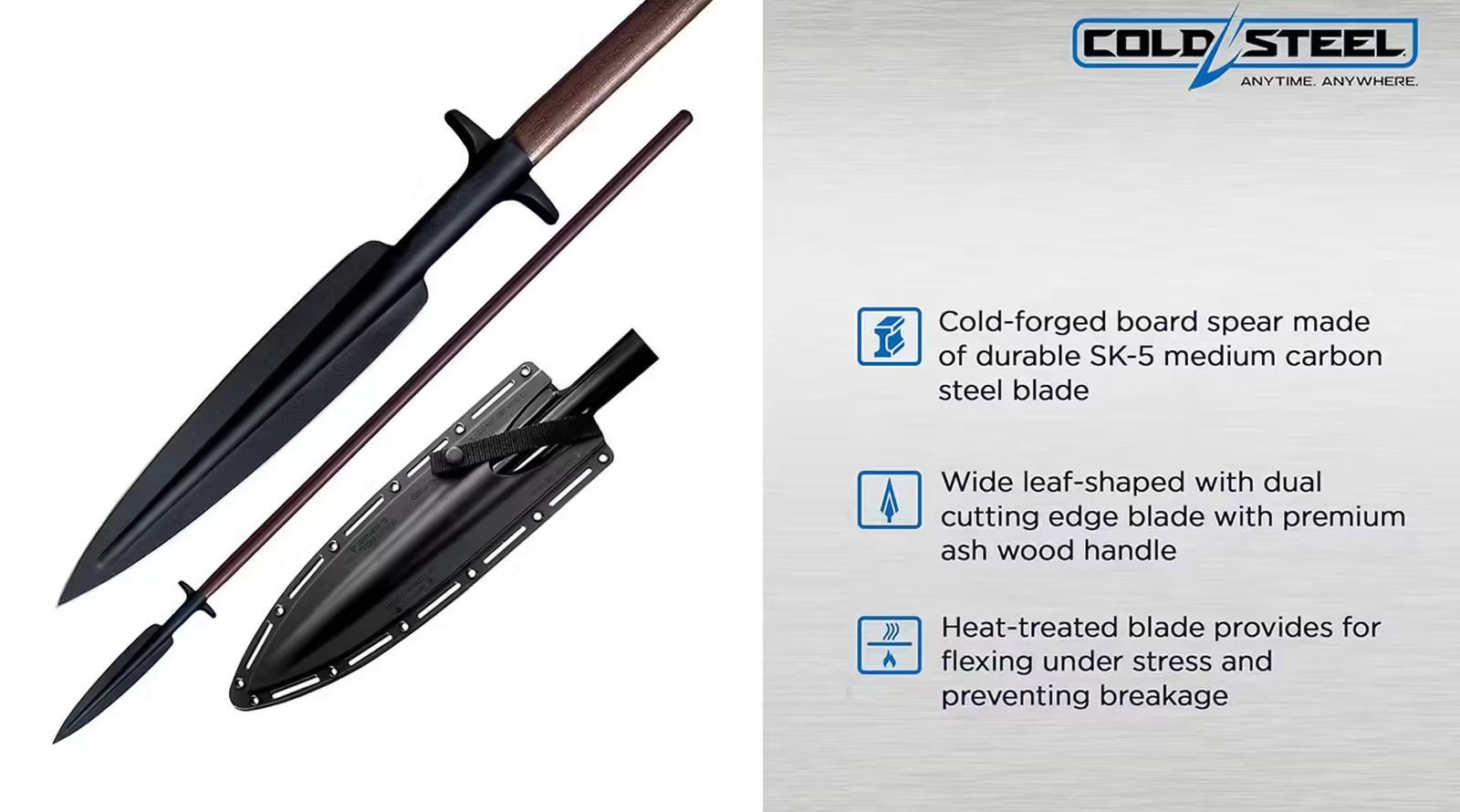Embarking on the journey to select the best GPS tracking device can be a daunting task given the myriad options available in today’s market. Whether you’re seeking a personal gps tracker, a gps fleet tracker, or a specialized device for drones or pets, understanding the distinctions between various types is crucial. This comprehensive guide aims to unravel the complexities of GPS trackers, providing insights into different categories such as personal, vehicle, asset, pet, fitness, drone, real-time, passive, satellite, Bluetooth, and smartphone tracking. We’ll delve into the unique features and applications of each, empowering you with the knowledge to make informed choices tailored to your specific needs. Navigate through this guide to unlock the secrets of GPS tracking, ensuring you find the perfect device for seamless and efficient location monitoring.
There are several types of GPS trackers designed for various purposes. The common types include:
Personal GPS Trackers:
- Small, portable devices used for tracking individuals, such as children, elderly family members, or solo travelers.
- Technology: Uses GPS satellite signals to determine location.
- Power Source: Typically battery-powered, requiring periodic recharging.
- Installation: Portable and does not require permanent installation.
- Example: Tile Mate by Tile
- The Tile Mate is a compact and versatile personal GPS tracker offered by Tile. With its user-friendly design, this tracker seamlessly integrates into your daily life, allowing you to keep tabs on your belongings or easily locate lost items.
Vehicle GPS Trackers:
- Installed in vehicles for real-time monitoring of their location, speed, and other parameters. it is also GPS tracker for trucks often used for fleet management or anti-theft purposes.
- Technology: Utilizes GPS signals, and some may also incorporate cellular or radio frequency technology.
- Power Source: Can be hardwired to the vehicle’s power or operate on a dedicated battery.
- Installation: Can be permanently installed in the vehicle for continuous power.
- Example: Vyncs GPS Tracker by Vyncs
- Vyncs offers an effective GPS tracker for cars, trucks and trailers designed to provide real-time location information. The Vyncs GPS Tracker is a reliable solution for monitoring and securing your vehicles, offering features such as geofencing and detailed trip reports.
Equipment GPS Trackers:
- Designed to track valuable assets, equipment, machinery, or high-value inventory.
- Technology: Primarily GPS, and may include additional technologies like Bluetooth or RFID.
- Power Source: Depends on the device; some may have long-lasting batteries, while others may be hardwired for continuous power.
- Installation: Typically flexible, with options for permanent installation or battery-powered mobility.
- Example: Tracki GPS Tracker for Vehicles, Car, Kids, Assets by Tracki
- Tracki GPS Tracker for Kids, Vehicles, Car, Assets is a versatile asset tracker that combines GPS technology with additional features. Ideal for tracking valuable assets, this device offers real-time updates and various customization options to suit your tracking needs.
Pet GPS Trackers:
- Its a GPS tracker for dogs and cats attached to pet collars to monitor the location and movement of pets.
- Technology: Relies on GPS signals for location tracking.
- Power Source: Battery-powered, usually rechargeable.
- Installation: Attaches to the pet’s collar and does not require permanent installation.
- Example: Whistle GO Explore Pet Tracker by Whistle
- Whistle’s GO Explore Pet Tracker is a comprehensive solution for keeping your pets safe. With GPS tracking capabilities, activity monitoring, and health insights, this tracker ensures you stay connected with your furry friends.
Fitness GPS Trackers:
- Include GPS functionality to monitor outdoor activities like running, hiking, or cycling, providing data on routes and performance metrics.
- Technology: GPS for outdoor activities, combined with other sensors for fitness metrics.
- Power Source: Battery-powered, with varying battery life.
- Installation: Worn on the body and does not require permanent installation.
- Example: Garmin Vivosmart 4 by Garmin
- Garmin’s Vivosmart 4 is a fitness tracker that incorporates GPS for outdoor activities. Beyond location tracking, it provides a range of fitness metrics and health monitoring features, making it a versatile companion for an active lifestyle.
Drone GPS Trackers:
- Used for enhancing the navigation capabilities of drones, providing accurate positioning and route planning.
- Technology: Integrates GPS technology for precise location tracking.
- Power Source: Battery-powered for portability.
- Installation: Easily attached to drones and does not require permanent installation.
- Example: Marco Polo Advanced Drone Recovery System by Eureka Technology
- Eureka Technology’s Marco Polo Advanced Drone Recovery System is a drone GPS tracker designed for efficient location tracking of drones. It offers a reliable means to recover your drone in case of loss or accidental landing.
Real-Time GPS Trackers:
- Transmit location data in real-time, allowing users to monitor the tracked object or person continuously.
- Technology: Primarily GPS, with real-time data transmission capabilities via cellular networks.
- Power Source: Depends on the device; some may be hardwired, while others may operate on rechargeable batteries.
- Installation: May be permanently installed for continuous power or operate on rechargeable batteries.
- Example: Spytec GL300 GPS Tracker by Spytec
- The Spytec GL300 GPS Tracker is a real-time tracking solution offered by Spytec. It is a small GPS tracker with its compact design and advanced features, it provides accurate location information in real-time, making it suitable for various tracking applications.
Passive GPS Trackers:
- Record and store location data, which can be retrieved later for analysis. They do not provide real-time tracking.
- Technology: GPS for location tracking, with data storage for later retrieval.
- Power Source: Battery-powered, with longer battery life due to passive tracking.
- Installation: Portable and does not require permanent installation.
- Example: LandAirSea 54 GPS Tracker by LandAirSea
- LandAirSea’s 54 GPS Tracker is a passive tracking device that records location data for later retrieval. Its discreet design and long battery life make it suitable for covert tracking applications.
Satellite GPS Trackers:
- Utilize satellite communication for tracking in areas where traditional cellular networks may not be available.
- Technology: Leverages satellite communication for tracking, suitable for remote areas.
- Power Source: Typically powered by rechargeable batteries.
- Installation: Portable and does not require permanent installation.
- Example: Garmin inReach Mini 2 by Garmin
- The Garmin inReach Mini 2 is a satellite GPS tracker that ensures connectivity in remote areas. With global coverage, it offers two-way messaging and emergency communication features for outdoor enthusiasts.
Bluetooth GPS Trackers:
- Connect to mobile devices via Bluetooth and are often used for tracking smaller items like keys, wallets, or bags.
- Technology: GPS for location and Bluetooth for short-range connectivity.
- Power Source: Battery-powered, often using coin-cell batteries.
- Installation: Portable and does not require permanent installation.
- Example: Tile Pro by Tile
- The Tile Pro Bluetooth GPS tracker by Tile, providing a convenient solution for everyday tracking needs. It seamlessly integrates with your belongings, allowing you to locate items using your smartphone.
Smartphone GPS Tracking Apps:
- Many smartphones have built-in GPS functionality, and various apps allow users to track the location of the device or share their location with others.
- Technology: Utilizes the built-in GPS functionality of smartphones.
- Power Source: Relies on the smartphone’s battery.
- Installation: No separate installation; the app is installed on the smartphone.
- Example: Find My iPhone (iOS) / Find My Device (Android) by Apple (iOS) / Google (Android)
- These built-in smartphone apps use the device’s GPS functionality. Find My iPhone for iOS and Find My Device for Android offer location tracking features for personal and device security.
- Apple has introduced its own Apple GPS tracker, the AirTag that integrate well with Iphone and Ipad series as an all purpose tracking device.
The specific type of GPS tracker chosen depends on the intended use and requirements, such as real-time tracking, battery life, size, and environmental conditions.
While there are versatile GPS trackers that can serve multiple functions, it’s challenging to find a single device that excels in every aspect due to varying requirements and trade-offs. Each type of GPS tracker is designed with specific features and considerations tailored to its intended use. Here are a few considerations:
- Versatile GPS Trackers:
- Some trackers are designed to be versatile and can serve multiple purposes, including personal tracking, asset tracking, or vehicle tracking. These may offer a balance of features suitable for different applications.
- Smartphone Apps:
- Many modern smartphones come equipped with GPS functionality and can serve as versatile tracking devices. Users can install various apps for personal, fitness, or asset tracking.
- Real-Time GPS Trackers:
- For applications requiring real-time tracking, dedicated real-time GPS trackers may be more suitable. These often come with subscription services and enhanced features.
- Vehicle GPS Trackers:
- Specialized vehicle GPS trackers may offer additional features like engine diagnostics, trip history, and anti-theft functionalities.
When looking for a GPS tracker that can cover multiple functions, it’s essential to prioritize the specific features that align with your needs. Consider factors such as real-time tracking, battery life, connectivity options, and the size and form factor of the device. Additionally, check the compatibility with the intended use, whether it’s personal tracking, asset management, or vehicle monitoring.






![Bouncie - GPS Car Tracker [4G LTE], Vehicle Location, Accident Notification, Route History, Speed Monitoring, GeoFence, No Activation Fees, Cancel Anytime, Family or Fleets](https://m.media-amazon.com/images/I/51adF7mP94L._AC_SL1000_.jpg)





